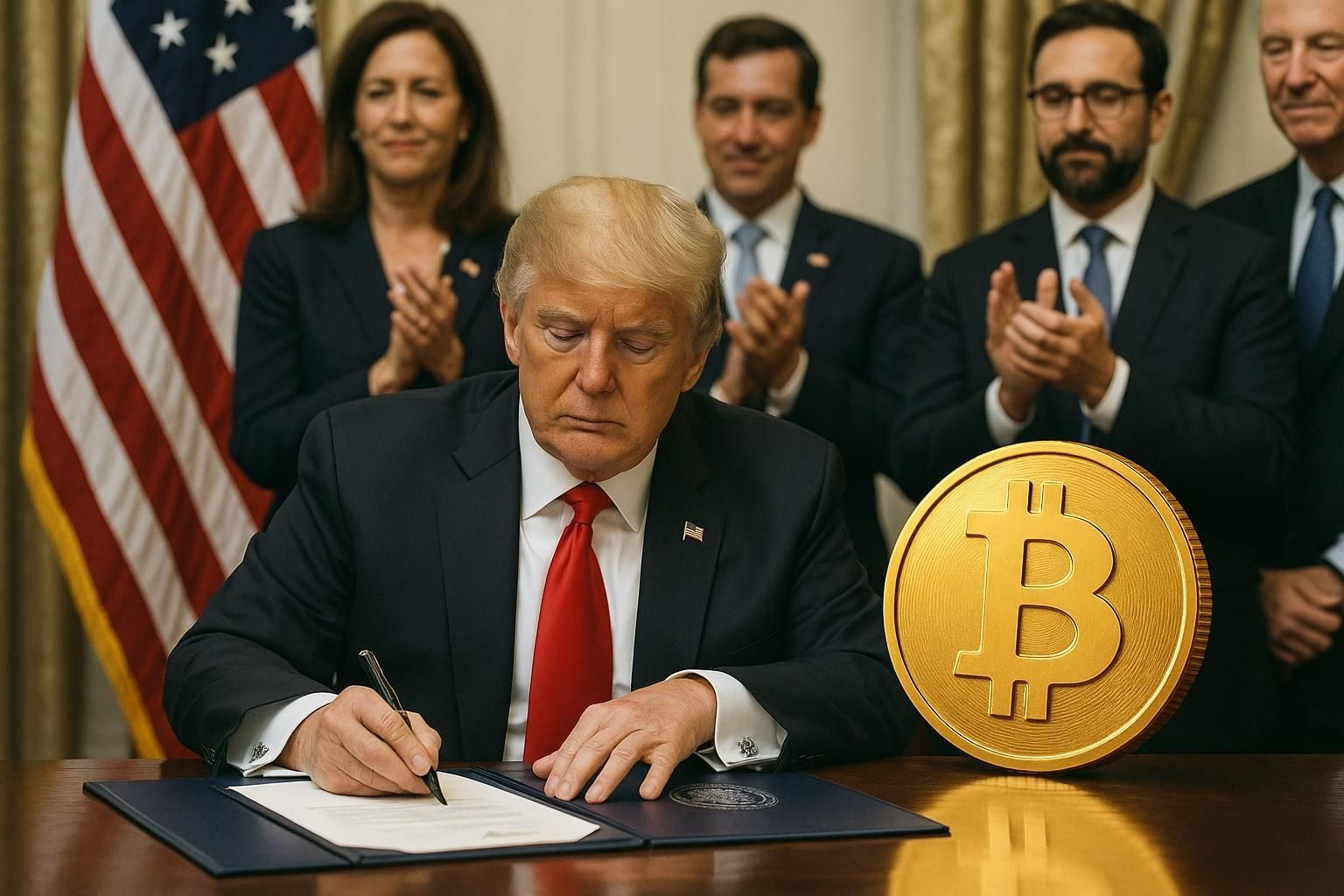
Landmark Vote Ushers in ‘Crypto Week’ Momentum
In a historic legislative achievement for the digital asset industry, the United States House of Representatives passed the GENIUS Act, the nation's first comprehensive framework for stablecoin regulation. The bill now heads directly to President Donald Trump’s desk after clearing the House with a decisive 308-122 bipartisan vote. Advocates describe this moment as a long-sought victory that could steer decentralized digital currency into the American mainstream, fundamentally shaping the future of finance in the world’s largest economy (source [2]).
What Does the GENIUS Act Mean for Bitcoin, Stablecoins and Investors?
The GENIUS Act, or Guiding and Establishing National Innovation for United States Stablecoins, sets clear regulatory guardrails for the issuance and oversight of stablecoins—cryptocurrencies pegged to assets like the U.S. dollar to minimize volatility. For Bitcoin and the wider crypto market, the Act signals Washington’s growing willingness to provide clarity and legitimacy to digital assets after years of jurisdictional gray areas and regulatory uncertainty (source [1]). Key provisions require stablecoin issuers to comply with anti-money-laundering standards, regular audits, reserves backing, and transparency protocols, aiming to protect both consumers and institutional investors.
Crypto proponents believe that this regulation may bring mainstream adoption within reach, allowing more traditional institutions and large investors to confidently participate in the U.S. digital asset ecosystem. The bill also grants the Commodity Futures Trading Commission expanded authority, marking the first time crypto regulation in the U.S. has been enshrined at the federal level (source [3]).
Bipartisan Support and Industry Impact
The passage of the GENIUS Act highlights bipartisan momentum for digital currency innovation, despite lingering concerns over consumer protection and regulatory gaps. President Trump actively lobbied lawmakers in favor of the bill, branding this period as “crypto week” and positioning the U.S. as a global leader in the next stage of financial technology. For industry leaders, such as the Blockchain Association, the bipartisan outcome represents genuine progress toward regulatory clarity and safer, broader adoption of stablecoins (source [6]).
Critics, including some prominent Democrats, caution that the bill could ease oversight too much, voicing concerns about risks to consumers and financial stability, as well as the Trump administration’s close ties to the crypto sector. Still, the GENIUS Act’s consensus support marks it as a pivotal development in American cryptocurrency regulation.
Looking Forward: Toward Global Leadership in Crypto
As the regulatory fog lifts, market experts predict a surge of institutional interest in both Bitcoin and stablecoins as traditional and fintech companies seek to leverage the transparency and innovation enabled by this legislation. Enhanced credibility for U.S. digital assets may pave the way for increased financial integration, setting a model for other countries considering similar frameworks.
Ultimately, the GENIUS Act’s enactment demonstrates America’s renewed commitment to fostering blockchain innovation, robust digital infrastructure, and investor protection. The ongoing success of this legislation will depend on the industry’s ability to deliver on its promises while safeguarding the trust of the public and global investors alike.










